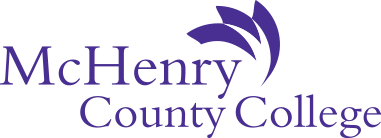Computer Forensics Certificate
In today’s world, everyone uses digital and electronic devices—and criminals are no exception. MCC’s Computer Forensics Certificate develops students who are skilled in the basics of identifying and responding to cybersecurity breaches and network hacks that happen across a variety of technologies. This type of forensics is a documentation and analytical method of recovering data from physical media such as personal computers, servers, mobile phones, Internet of Things (IoT) devices, and safeguarding systems and potential weaknesses. MCC’s Computer Forensics Certificate will introduce you to this expanding and increasingly vital field.
Contact (815) 479-7511 with specific questions about this program.
(in-district) Total Amount: $2,933.75
Credit Hours to Complete: 15
Weeks to Complete: 16
-
COURSE LIST
Course Ids:

